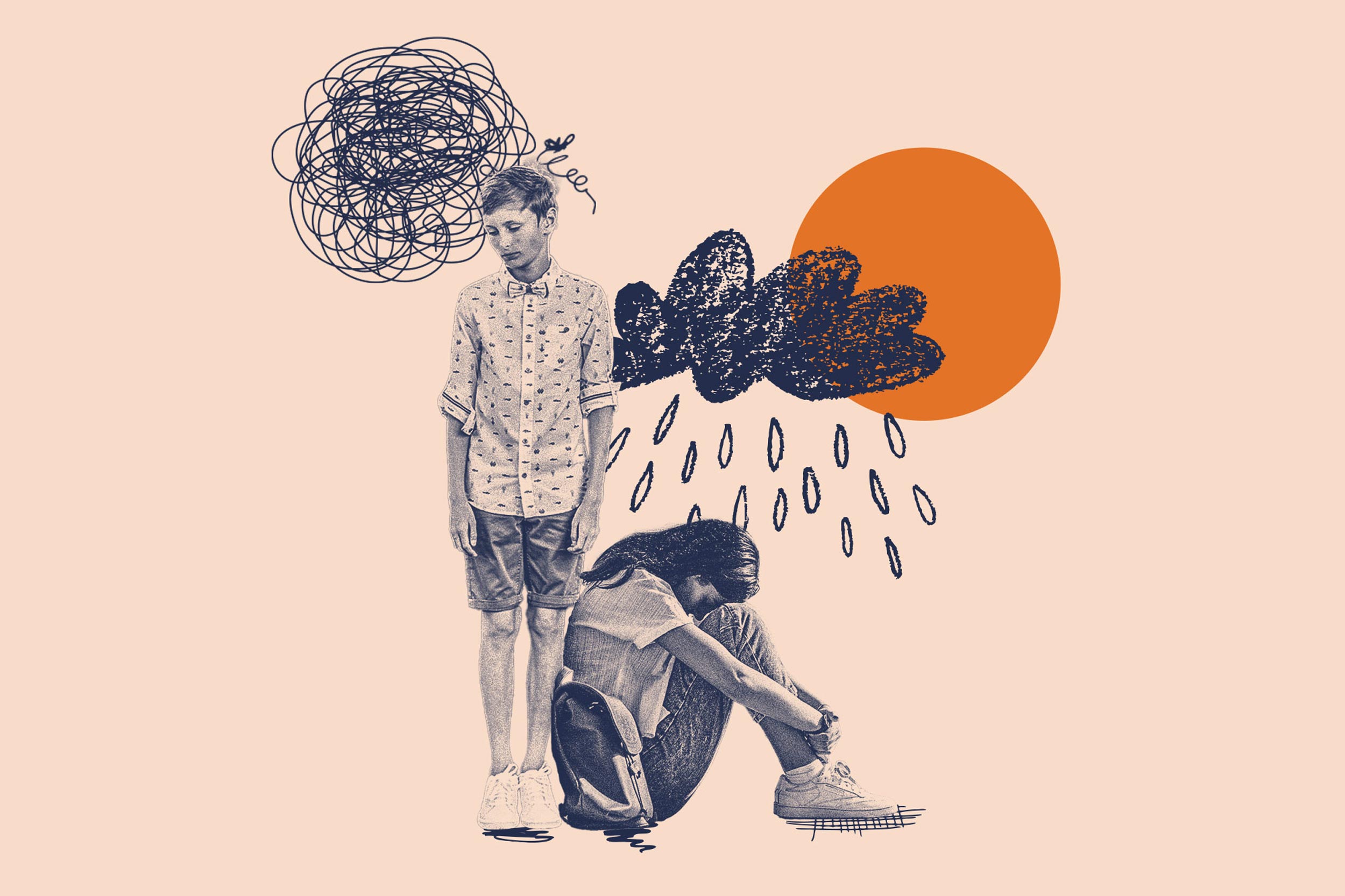A 19-year study at the University of Virginia is revealing what may lead some young adults to suffer from debilitating depression and anxiety.
Researchers found adolescents who struggled to form and maintain meaningful friendships were more likely to experience negative emotions and a poor self-concept between the ages of 27 and 32.
The Diagnostic and Statistical Manual of Mental Disorders notes people who experience such “negative affectivity” have heightened emotional distress, with frequent and intense negative emotions including hostility, in addition to depression and anxiety symptoms.
Psychology professor Joseph Allen said his team wanted to “see what would predict that experience.”
“Our hypothesis going in was that social relationship qualities beginning in adolescence would be important in understanding that,” he said.
So they followed 169 people starting when they were 13 and analyzed near-annual self, parent and peer reports.











